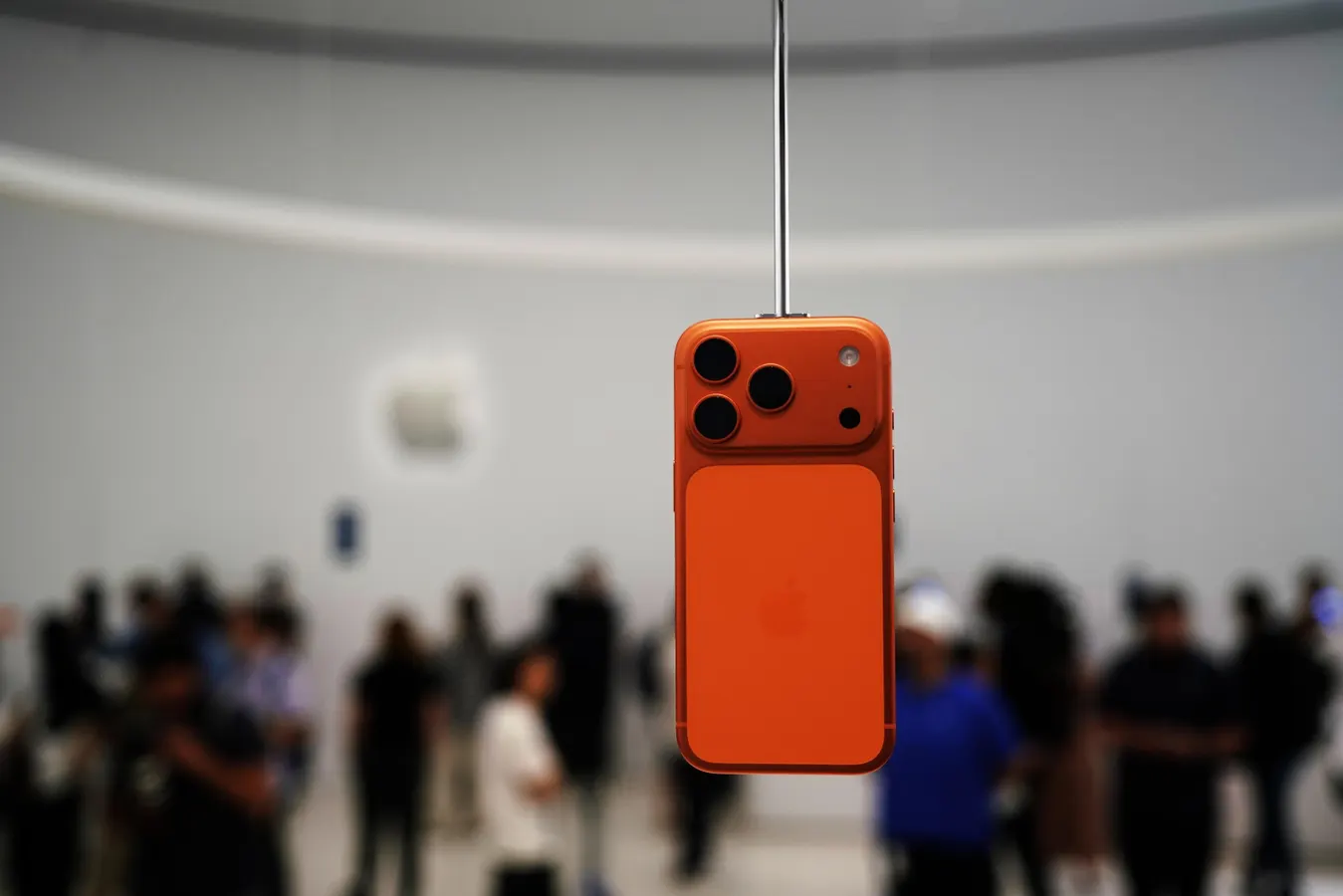By Ewan Spence,Senior Contributor,Wu Xiaoling
Copyright forbes

A new Apple mobile phone is pictured in Cupertino, California, the United States, on Sept. 9, 2025. Apple Inc. on Tuesday announced a series of new iPhones and wireless earphone products, including iPhone 17, all-new iPhone Air and AirPods Pro 3. (Photo by Wu Xiaoling/Xinhua via Getty Images)
Xinhua News Agency via Getty Images
During last week’s launch of the iPhone 17 Pro, Tim Cook and his team focused on the design and the style of the new iPhone family. For many, this was a return to the Apple of old. For others, it was an unusual approach given that every other manufacturer has leaned heavily into their handsets’ AI capabilities and leveraging Google’s Gemini AI. Even Apple followed this in 2024 during the run-up and the launch of the iPhone 16 family.
But the awkwardly backronymed Apple Intelligence has not been delivering on the promises Apple made at 2024’s Worldwide Developer Conference. Features that were expected at the launch of the iPhone were delayed to the end of the year, some were delayed further, and many of them have still to be demonstrated in the wild, let alone arrive in public releases of iOS.
Google’s Gemini AI Guides The Market
The AI race is leaving Apple behind. Google is running hard to define what it means to have AI available on your smartphone. While the recently launched Pixel 10 and Pixel 10 Pro smartphones featured few changes to the design over the Pixel 9 range, the software running in the phones – both Google’s first-party apps and core features of Android 16 – illustrate the systemic change that will see smartphones move away from an App-focused environment to an Agentic-AI-focused environment.
With Galaxy AI, Samsung has a significant share of users working with AI tools. The start of 2025 saw 200 million Galaxy AI users, and the South Korean company has targeted 400 million users by the end of the year. With the full suite of Galaxy AI tools now featuring in more budget-conscious handsets like the Galaxy S25 FE.
You can see AI advances being brought to the fore with Honor using AI for deepfake detection, live AI call translation, and smart multitasking with Multi-Flex. OnePlus moved AI to the Plus Key, providing quick access to its features such as the Mind Space clipboard. AI Search and AI VoiceScribe.
MORE FOR YOU
Every manufacturer is bringing AI to the fore and showing the difference it can make to consumers. Every manufacturer except Apple, which is still playing with the table stakes of basic AI tools.
Google Gemini’s iPhone Succes
Curiously, Apple’s iPhone user base has shown that it is hungry to have cutting-edge AI on their iOS-powered smartphones. This weekend, Google’s Gemini AI app was the number one app in the iPhone App Store. This has been driven, in part, by the explosive growth of Google’s Nano Banana model, which allows for image editing through descriptive prompts rather than the more traditional photographic editing tools. The Gemini app also features the ability to create video snippets, offer guided learning, conduct deep research on a product, and free-form prompt usage in Canvas.
And, lest we forget, Gemini is available across a wide range of devices, including the iPhone and iPad, Android smartphones and tablets, and through any browser. That’s why Gemini has, according to Google, overtaken ChatGPT in terms of search interest.
It’s clear there is demand from Apple’s users for such a wide-ranging AI-based tool. If Apple isn’t going to support that natively, then Apple’s competition will. If the answer is Google, then it will be Google that continues to define what AI means to a mobile audience, not Apple. Tim Cook and his team will be left building the shiniest and slimmest car possible, while Google takes the wheel and drives it to an AI destination of its own choosing.
Editorial StandardsReprints & Permissions



